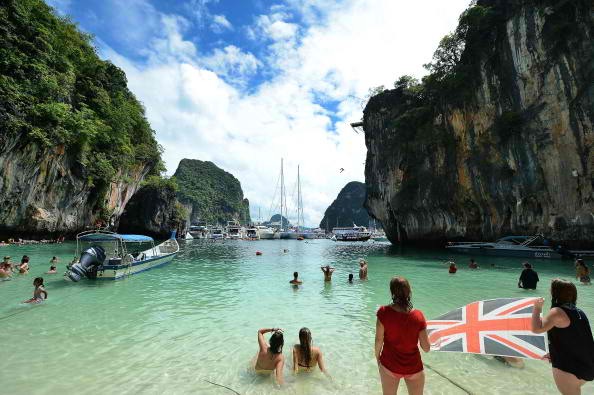The Thai government pursued to stop tour operators who are selling budget packages from China to Thailand. A report from Kasikorn Research Center Co. revealed that arrivals fell 16 percent in December from a year ago.
The trend is seen to continue to the early part of 2017 and the Lunar New Year.
The Thai government is now refocusing toward building more expensive tour packages for smaller groups. Tourism comprises 11 percent of the country's GDP.
Pimonwan Mahujchariyawong, an economist at Kasikorn Research Center Co. said, "The impact may continue to the first quarter as tour operators will take some time to adjust packages."
He added, "After that, things should get back to normal. It's good for the long term to boost the quality of our services and improve our image among tourists. It's short-term pain, long-term gain."
Kasien Wattanachaowisut, president of the Thai-Chinese Tourism Alliance Association (TCTA), noted that removal of the zero-dollar tours will push the prices up by 40 percent to 100 percent.
"The high prices associated with the new regulation will have a psychological effect on Chinese tourists," he said. "But if they consider it carefully, the new amounts are the same or even less than what they ended up paying in the past when problems prevailed."
The Thai economy has slackened in recent years due to the typhoons that hit the country, according to the Thai Chamber of Commerce. The country is also showing sluggish expansion compared to other countries in Southeast Asia.
However, with the government's plan to invest on more infrastructure projects, the economy is seen to grow by 3.2 percent this year. The tourism sector is also seen to expand.
According to Somprawin Manprasert, chief economist at Bank of Ayudhya Pcl in Bangkok, "Tourism will continue to help drive expansion in 2017 and economic growth will likely be more balanced, with private consumption and investment providing increased support."
"This incident is expected to be only a short-term blip," he added.



























